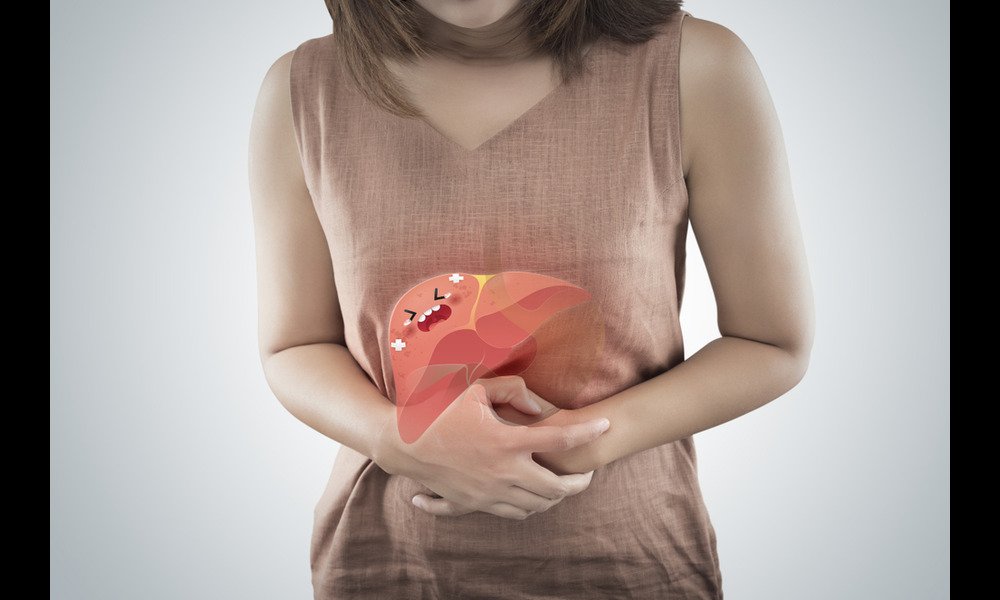


Overconsumption of alcohol over time can lead to alcoholic liver disease. This condition not only causes liver damage but also results in the buildup of fats, inflammation, and scarring. In alcoholic liver disease, healthy liver tissues are replaced with scarred tissues. It's a major cause of acute liver damage and can lead to liver failure, sometimes necessitating a liver transplant. Liver damage due to alcohol typically occurs in three stages: fatty liver, alcoholic hepatitis, and cirrhosis.
Early Signs
The early signs of alcoholic liver disease are often subtle and can affect various systems in the body. Early symptoms may include:
- Nausea and vomiting
- Abdominal pain
- Reduced appetite
- Diarrhea
These early symptoms are often mistaken for general malaise or a stomach bug. Ignoring these symptoms can lead to faster progression of the disease.
Alcoholic Liver Disease Symptoms
As the disease progresses, symptoms become more noticeable and severe. Later-stage symptoms include:
- Swelling of the lower limbs (oedema)
- Ascites (buildup of fluid in the abdomen)
- Jaundice (yellowing of the skin and eyes)
- Fever and shivering
- Weight loss
- Itchy skin
- General weakness and muscle wasting
- Excessive curvature of fingernails
- Blood in stools and vomit
- Easy bruising and bleeding
- Increased sensitivity to drugs and alcohol
If you experience these symptoms, it's crucial to consult a doctor at a reputable liver care hospital.
Treatment Options for Alcoholic Liver Disease (ALD)
- Abstinence The most crucial treatment for ALD is complete abstinence from alcohol. This reduces further liver damage and allows the liver to recover, improving outcomes and the histological features of hepatic injury. Abstinence helps improve survival rates at all stages of ALD.
- Nutritional Therapy Malnutrition is a common consequence of ALD, especially in the second stage of alcoholic hepatitis. Protein-calorie malnutrition is prevalent in patients with ALD. No matter the stage, consulting a hepatologist and starting nutritional therapy early can help alleviate symptoms and improve the condition.
- Medication (Pharmacological Therapy) Hepatologists carefully screen the symptoms and stages of the disease to prescribe appropriate medications. Patients must adhere to their medication regimen to improve symptoms.
- Liver Transplant In severe cases, liver transplant surgery may be the only option. This step is taken when the liver has completely stopped functioning and there's no improvement despite abstinence from alcohol. Complicated cirrhosis and lack of response to other treatments, including medications, may necessitate a liver transplant. Patients must also lose weight and quit smoking, as both can worsen ALD.
Conclusion
Alcoholic liver disease is a serious condition that requires timely diagnosis and treatment. Early signs may be subtle, but as the disease progresses, symptoms become more severe. Treatment options include abstinence, nutritional therapy, medication, and in severe cases, liver transplant. For expert care and treatment, consult the specialists at Arvachin Hospital. They offer comprehensive services to help manage and treat alcoholic liver disease effectively.
Contact Us:
- Phone: +91-9695953111, 05422978222
- WhatsApp: +91-9151012715
- Visit: Amara Khaira Chak, Akhari bypass NH2, Varanasi
Arvachin Hospital is dedicated to providing exceptional healthcare services to ensure your well-being.
©
All Rights Reserved For Arvachin Hospital - Varanasi | Design By :
Digital Branding Corporation